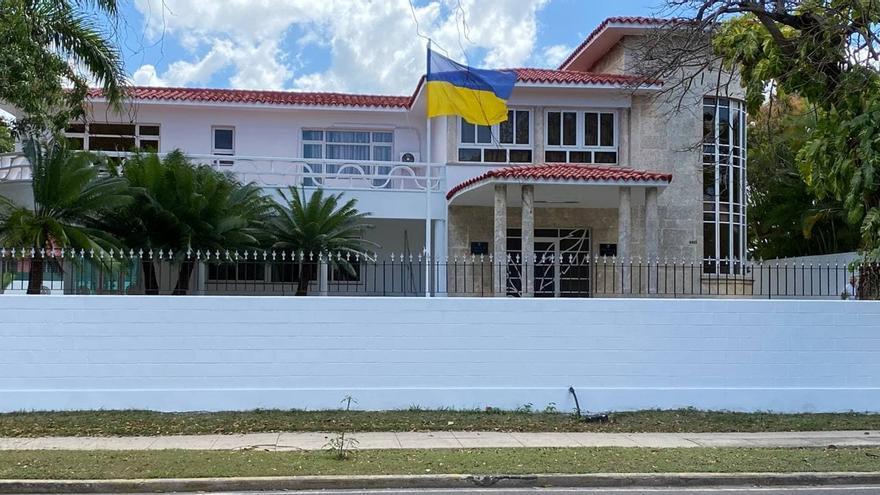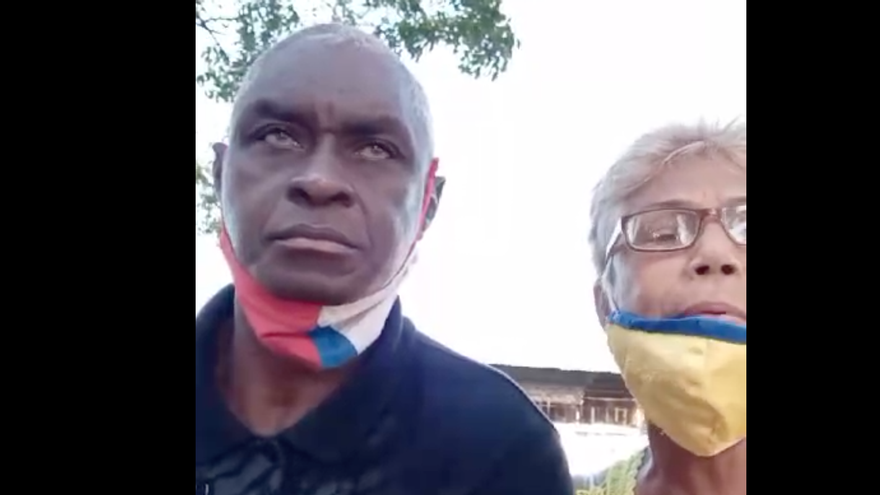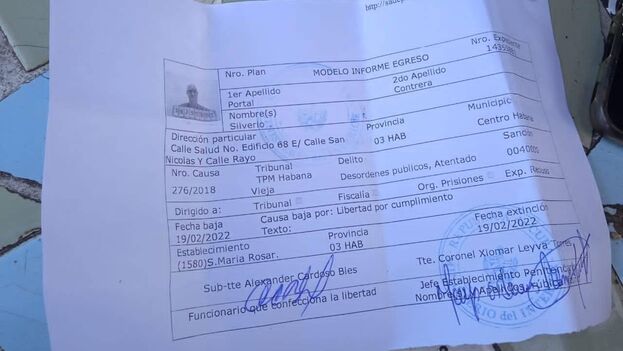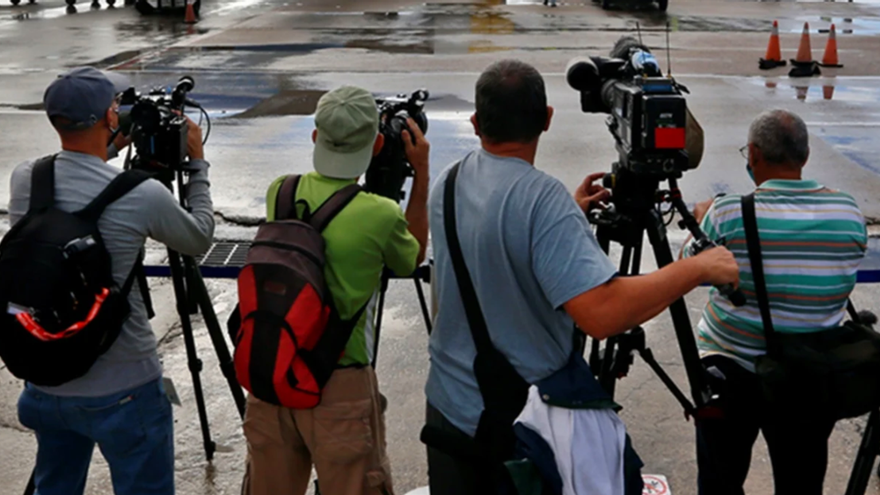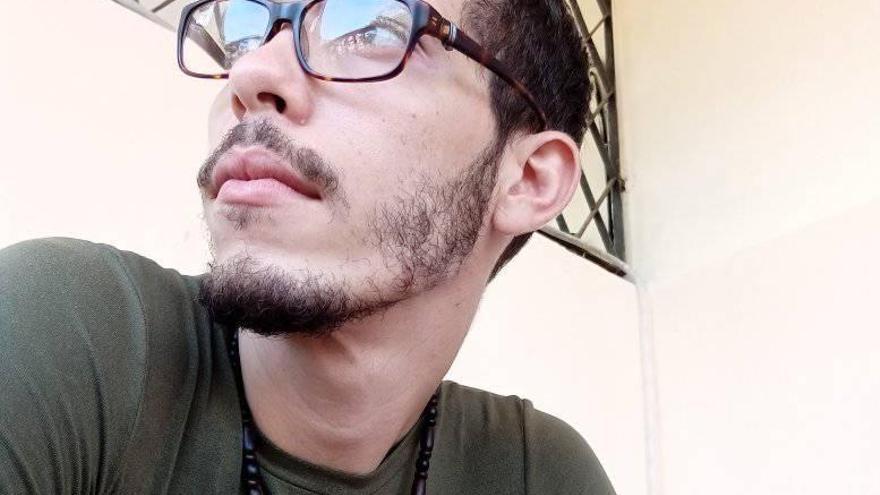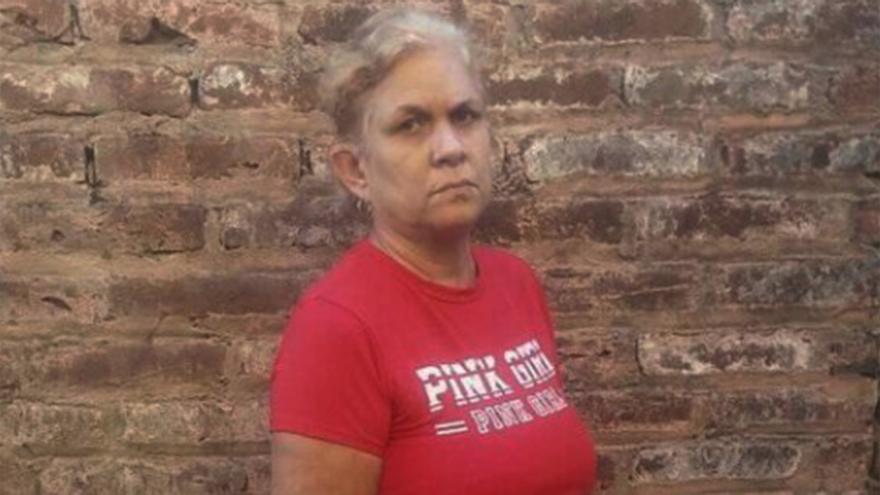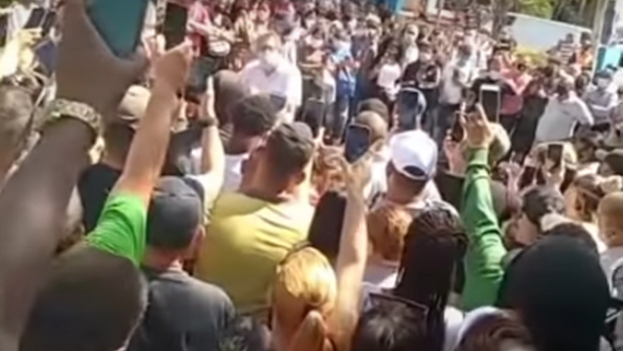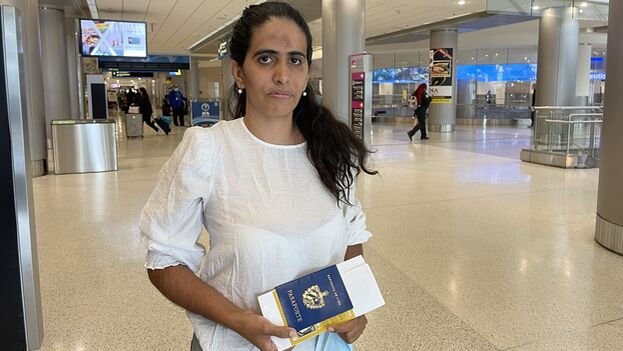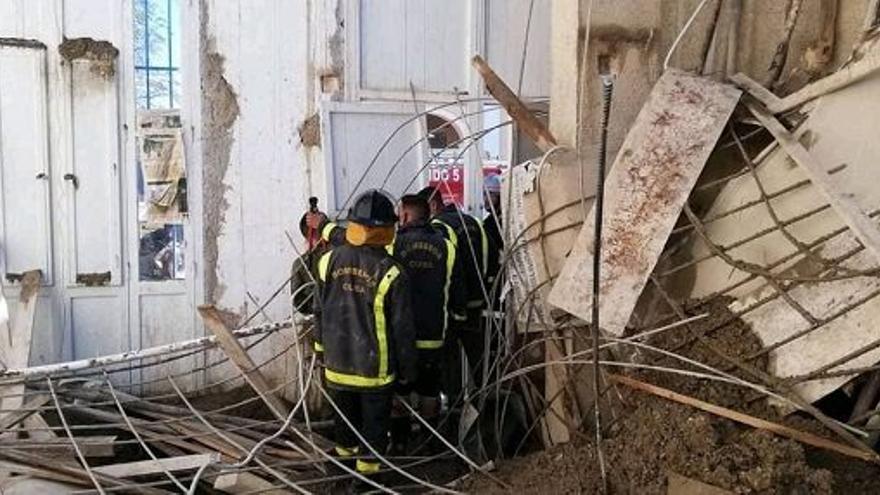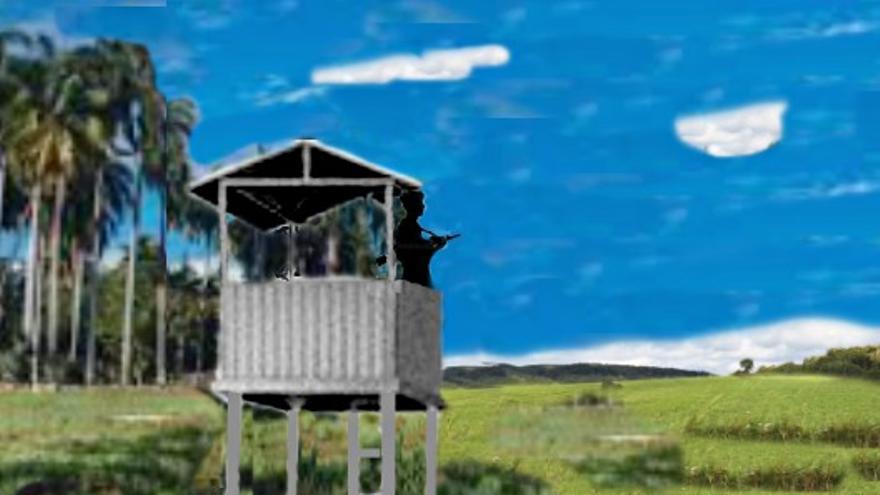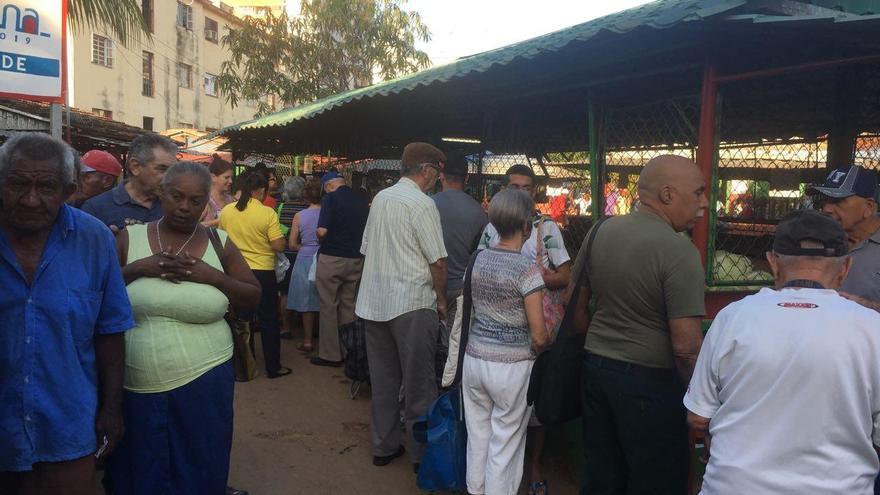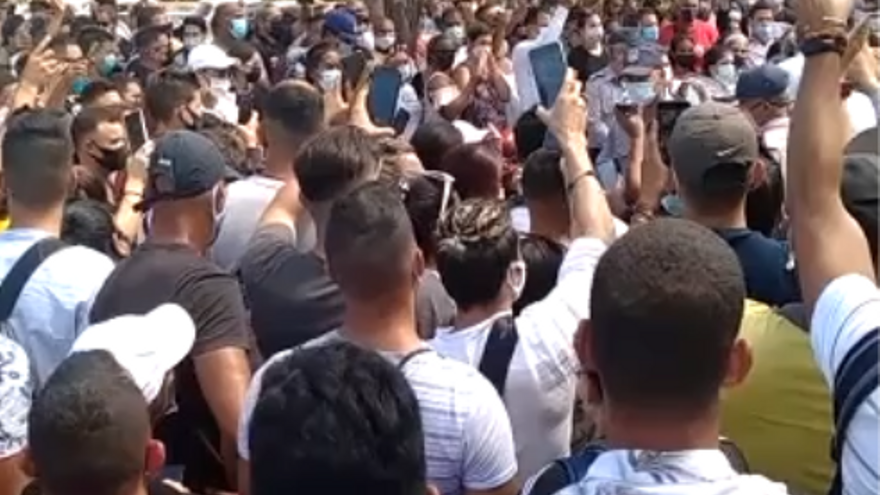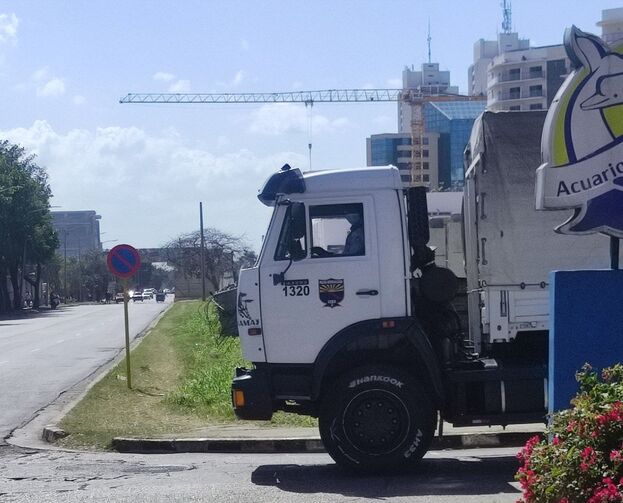
![]() 14ymedio, Madrid, 22 February 2022 — In the recent donations arriving in Cuba, there is no lack of one product: rice. The most recent shipment of this type was 300 tons purchased in Colombia by the Chinese company Yutong and destined for Havana. A drop in the middle of the ocean, since the island needs 700,000 tons of rice per year and this year it expects to harvest only 180,000, according to a report published in the State newspaper Granma that analyzes the problems in obtaining a product that is basic in the national diet, culturally and nutritionally.
14ymedio, Madrid, 22 February 2022 — In the recent donations arriving in Cuba, there is no lack of one product: rice. The most recent shipment of this type was 300 tons purchased in Colombia by the Chinese company Yutong and destined for Havana. A drop in the middle of the ocean, since the island needs 700,000 tons of rice per year and this year it expects to harvest only 180,000, according to a report published in the State newspaper Granma that analyzes the problems in obtaining a product that is basic in the national diet, culturally and nutritionally.
Cubans have already learned the amount necessary to cover the demand for the basic basket and social consumption, but not even in its wildest dreams is the Island in a position to even reach half of that. The best recent historical year was 2018, when 304,000 tons were produced, but by 2019 there was a sharp drop, with 246,700 tons. With the pandemic the free fall accelerated, with 162,965 tons in 2020 and about 120,000 in 2021.
If the forecasts of the Ministry of Commerce were to be achieved this year, one could almost speak of a milestone, and the aspiration of the national rice program, which targets 600,000 tons to be contributed by the Cuban industry in 2030 — 86% of the annual demand — would be quite a miracle.
With such national production data, Cuba has no choice but to import, but this is not an easy task either. According to the deputy prime minister and head of Economy and Planning, Alejandro Gil Fernández, in the international market rice has gone from 468 dollars a ton in 2019 to 633 dollars today. It would cost Cuba more than 316 million dollars to import the 500,000 tons of rice it needs to meet domestic demand this year. continue reading
“For the Cuban family, this complex economic context implies having to continue to deal with the tensions generated by not having the availability of unrationed rice on the open market,” warns the official press.
Antonio Rodríguez Mojena, president of a cooperative belonging to the José Manuel Capote Sosa company, in Granma province, and interviewed for the occasion, believes that the 63 measures approved by the Government last April to improve agricultural production have been useful but still very insufficient, since the high cost of soil preparation, the use of machinery and the prices of inputs and services have harmed the sector.
“Profits are low, which does not compensate for the sacrifice of a campaign, nor does it encourage us to continue growing in areas. On the other hand, it can also become a breeding ground for the illicit sale of part of the harvest,” he adds.
Maikel Suárez Torres, director of industry of the state company, explains that, although they met the forecasts for meat, milk, fruit and charcoal, the year closed with 20 million in losses due the production of rice.
The purchase price to the producers rose and at the same time the state subsidy for grain was lowered, which generated very bad results. “If we take into account that the sale price of rice is centralized and that the industry also assumes 10% of the payment for impurities in the grain, together with the increase in the price of electricity and expenses for fuel, inputs and workers’ wages, the result is that the more rice we sell, the more losses we have as a company,” he explains.
The text of the official newspaper of the Communist Party softens the fateful data by putting forward the story of a producer from Río Cauto, Granma province, who claims to have emerged successfully from a disastrous campaign. The farmer, Antonio González Guerra, argues that it is necessary to know how to take advantage of the new government policies, although his case seems more like an exception than the rule, as evidenced by the data in the report.
“The policy must be grounded. There are the 63 measures and the will of the country’s top leadership to comply with them, but the challenge is to ensure that what is stipulated in the papers becomes a reality in the productive bases,” he says.
Next, the problems of the sector are detailed, among which they cite the mismanagement of some companies. “It cannot be that for a company to comply with the payment to its workers or avoid losses, the alternative is to raise four, five or more times the price of the bad service that it already provided to the producer. In the end, it is the crop that bears with that inefficiency that increases costs and affects yield per hectare,” says González Guerra.
The State will allocate 447 million pesos to the cultivation of rice for this campaign, but even with that it will not reach a quarter of what the country needs.
In addition, the donated rice does not entirely satisfy Cuban consumers. As a general rule, the product that arrives by this route is of low quality, with many broken grains and a ’sticky’ quality, a characteristic that is not appreciated on Cuban tables where the shelled composition is preferred, essential to make the Moors and Christians, Island’s typical rice dish — known as ’Moors and Christians’ — the other component of which, beans, is also scarce.
The increase in the price of substitutes such as taro, cassava and sweet potatoes, together with the drop in the presence of potatoes in the markets, have contributed to increasing demand and the price of rice, which at the end of last year came close to 100 pesos a pound, an amount not seen since the crisis of the 1990s. Now, in traditional rice-growing territories such as Villa Clara and Cienfuegos, the grain remains above 50 pesos a pound in the markets.
____________
COLLABORATE WITH OUR WORK: The 14ymedio team is committed to practicing serious journalism that reflects Cuba’s reality in all its depth. Thank you for joining us on this long journey. We invite you to continue supporting us by becoming a member of 14ymedio now. Together we can continue transforming journalism in Cuba.

